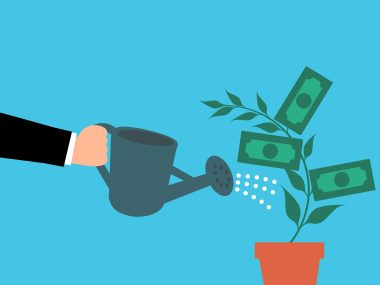As a person of color, I am familiar with racism. While I have not experienced it to the same extent as others (such as in life-threatening situations), I have encountered it in various forms, including in business settings. I have had people who consider themselves not racist say things like, for example, saying I’m smart, then stumble over their words so as not to say ‘for a black girl’. Or comment that “I don’t act like the typical black person,” and “I’m basically white.” In addition to facing racism, I also face oppression on the basis of my gender as a woman in a predominantly white male profession. While it can be difficult to navigate these challenges, I have learned how to deal with and overcome them.
In 2016, I learned that I am part Asian due to one of my great-grandparents being of Asian descent. This came as a surprise to me and led me to research Asian history in the United States. I learned that, in the past, racial designations (especially mix-raced designations) were not always accurate on many documents like census records, and that many Asians came to the US as indentured servants and worked alongside slaves.
Since discovering my Asian heritage, I have noticed a shift in the way that people perceive my intelligence. I have been told that, because I am part Asian, I am automatically smart and that the bar of expectation for me is raised significantly. After researching this phenomenon, I have learned that, generally, there is an expectation for Asians to work harder because they are naturally more intelligent. It is frustrating to be expected to have all the answers and to be held to a higher standard simply because of my heritage. I received more racism after acknowledging that I’m part Asian than I did being a woman of color.
I recently had a conversation with someone about the stereotype that Asians are naturally smart. I explained that, in reality, many Asian students work hard and earn their success. The person I was speaking with responded by saying that, if this were not the case, no white people would get into college, and that the slots should be regulated for the benefit of other students. This response was eye-opening for me, as it revealed a deep-seated belief in the idea of competition and the idea that some people must be held back in order for others to succeed.
I have also noticed that, when someone competes with me, it is often because they are trying to be better than me and are motivated by their own insecurities. This can be frustrating, but I find it fascinating to observe once I am aware of the behavior.
On the other hand, when I am inspired by someone, I do not compare myself to them at all. I simply appreciate their success and am motivated to improve myself. For example, if I am inspired by someone’s artistic abilities, I might be motivated to draw more, but I do not feel any pressure to try to reach their level. Instead, I simply want them to continue to excel and be the best that they can be. I might be motivated to improve my own skills. I enjoy watching others excel.
In my experience, it is not uncommon for people to be motivated by a desire to be at the top. The reality is that some people have to work much harder for the opportunity to even get in the door and begin working towards their goals. This is especially true for those who face discrimination and other barriers to success.






